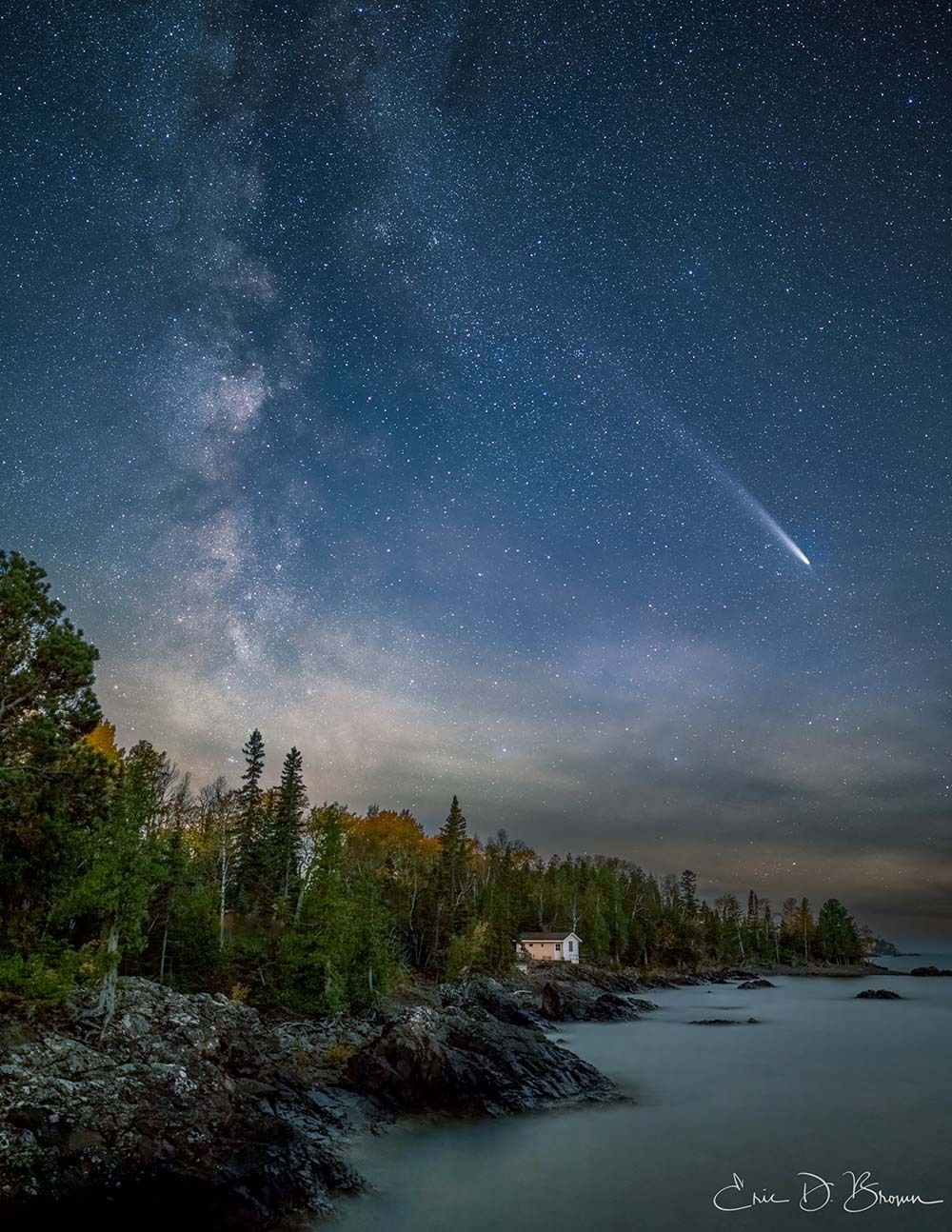
Sometimes the vastness of the night sky puts everything into perspective. Under these same stars, we learn that solitude isn't about being alone but about finding peace with the weight we carry and the quiet strength that comes from surviving what tried to break us.
The question isn't whether trouble finds you. It always does.
The question is what you did when it knocked on your door at 3 AM.
When it showed up uninvited in your carefully planned life.
When it decided to take up residence in your chest like a stone you couldn't cough up.
I learned this in mountains that don't appear on tourist maps. Places where trouble wasn't theoretical…it was the daily weather. You could check the forecast, prepare your gear, study the terrain, but in the end, you had to walk through whatever came. Some days, that meant dust storms that turned noon into midnight. Some days it meant losing people who shouldn't have been lost.
The easy thing would have been to let it break me. And for a while, I tried. I spent years letting those mountains' weight crush me into something smaller, angrier, and more afraid. I hid from loud noises, avoided crowds, and turned every car backfire into incoming fire. I made my world smaller and smaller until it barely had room for breathing.
But trouble has this way of teaching you things you never wanted to learn. Like how much weight you can carry. Like how often you can get knocked down and still find the strength to stand. Like how the same mountains that almost destroyed you can also teach you what you're made of.
The hardest part wasn't the original blow. That was just physics: force meeting resistance, pressure applied until something gives. The hardest part was what came after: the choice between staying down or getting back up, between letting the pain define you or letting it refine you.
I spent years angry at that choice.
Why should I have to be the one to get back up?
Why should I have to find meaning in chaos, purpose in pain?
Why couldn't trouble leave me alone to live a quiet, predictable life?
But mountains don't care about your preferences. They don't ask permission before they weather you into something new. They stand there, patient and immovable, while wind and time do their work. Eventually, you realize you have two options: let the weathering destroy you or let it carve you into something stronger.
I chose to get carved.
The nightmares still come sometimes, and the memories still bite. But I've learned to sit with them differently now. Not as a victim of what happened, but as a student of what it taught me. It taught me resilience, the depth of human connection forged in impossible places, the weight of survival, and the responsibility that comes with it.
Some mornings, I wake up, and the weight feels impossible. Those are the days I have to choose, breath by breath, to keep carrying it. I honor what was lost by refusing to waste what remains. I turn survival into something that matters and might help others who are learning to carry their own impossible weight.
Edmund Vance Cooke asked, 'How did you die?' But I think he missed the more complex question: How did you live?
When trouble came calling, when life started its work, when everything you thought you knew about yourself got tested... what did you do with the time you had left?
Did you hide from the light or learn to carry your own? Did you let the weight crush you, or discover what you could build with it? Did you waste your survival, or did you find a way to make it count?
These are the questions that matter. Not whether you got knocked down; everyone does. Not whether you got hurt; that's guaranteed. But what did you do in the space between falling and standing? How did you choose to live with the weight of what you'd seen and lost and somehow you survived?
I'm still learning the answers. Some days, I choose, minute by minute, to keep building something worthwhile from the raw materials of experience. I'm still discovering that the same skills that helped me survive impossible circumstances can help me live an ordinary life with extraordinary gratitude.
The mountains are quiet now, at least the external ones. But the internal landscape they carved remains. It's a topography of scars and strength, of memory and hope, of hard-won wisdom about what the knowledge of what matters when everything else falls away.
How did you live?
That's the question that follows me through ordinary days and sleepless nights. Every morning, I wake up and get another chance to answer it better than I did the day before.
